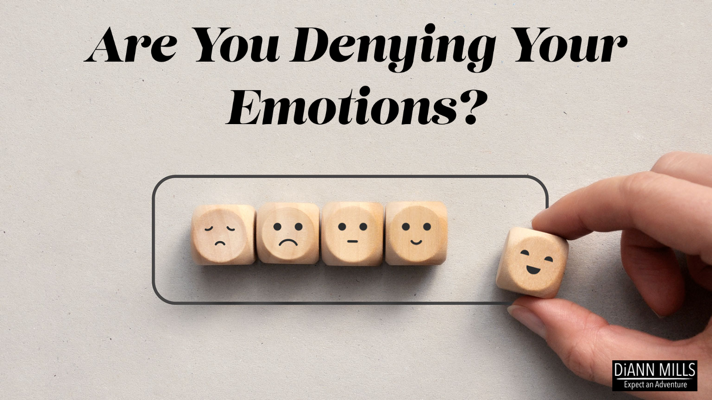By DiAnn Mills @DiAnnMills
Each one of us responds to life and its peculiarities with emotion. We are all wired differently, and that makes us all unique. How we mentally, physically, and spiritually interpret happenings is based on inherited traits, our role models from birth, and life experiences.
It’s no surprise that many of us deny what we feel.
Tonya Reiman’s book, Body Language, offers us seven universal emotions: surprise, fear, anger, sadness, disgust, happiness, and contempt. As we journey through life, we encounter those feelings multiple times. Our confusion intensifies when our emotional response isn’t always the same.
Step One in acknowledging an emotion is to accept the feeling as part of our personality. Avoiding the truth can lead to mental and physical issues that are difficult to undo. Our minds are wired more intricately than any computer, and everything we’ve ever experienced affects us positively, negatively, and as stored information — consciously and unconsciously. Even if we don’t remember the event that formed the response, we accept it as who we are.
Step Two is acquiring the courage to change inappropriate emotions. This usually takes a heavy dose of gumption to walk through the process. We become accustomed to our own behavior, although we might not like it. Changing takes determination, faith, and a support system to help us through harsh criticism and those who don’t believe we can change.
Step Three is choosing who will guide us. This can be a friend, family member, a pastor, or a professional counselor. But the person must be the one who will keep us accountable. He/she must also be willing to point out unhealthy emotions and make suggestions on how to move forward. A note of caution: is a trusted friend or family member the right person to help us unravel complicated feelings?
Step Four is patience. Understanding ourselves doesn’t happen overnight, and sometimes the intense work takes a lifetime. Sometimes we repeat old habits and question why when we know better. Frustration and uncertainty threaten our commitment to better handle our responses. We aren’t perfect; neither will we ever embrace flawless behavior. Self-control occurs when we accomplish one step at a time.
Step Five is love. Genuine caring for ourselves, not in a selfish manner but in the way God instructs. Ephesians 5:29 ESV. For no one ever hated his own flesh, but nourishes and cherishes it, just as Christ does the church,
Five steps to embracing our emotions and accepting our humanity take time and venturing outside our comfort zone. We can make necessary changes and be healthier and happier people.
Have you taken the steps to be emotionally healthy?


